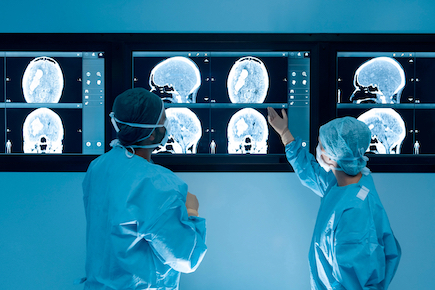The design of this study was that of pre-clinical research involving rodent (mouse) subjects. The scientists measured the test subject's short-term memory and locomotor function to determine if the THC treatment improved these cognitive and neural capabilities.
The scientists observed that the test subjects treated with delta-9 THC "exhibited marked improvement in performance" and that they perceived "treatment with the phytocannabinoid [THC] could reverse the deficit in working memory.
The study reported that the mice treated with THC "ran on the rotarod longer" than the control group of mice that did not receive THC and "recovered to normal...performance levels at two weeks." It noted that the subjects treated with THC displayed "significant upregulation" of various chemicals in the cerebral cortex and other parts of the brain. The research also revealed that mice treated with THC displayed increased levels of the endocannabinoid 2-arachidonoylglycerol (2-AG).
The scientists concluded that "administration of the phytocannabinoid Δ9-THC promotes significant functional recovery from traumatic brain injury (TBI) in the realms of working memory and locomotor function." Importantly, the researchers attributed this brain improvement to increased production of a number of beneficial chemicals in the brain, including the endocannabinoid 2-AG.
Read More, Learn More: Higher Learning LV




















